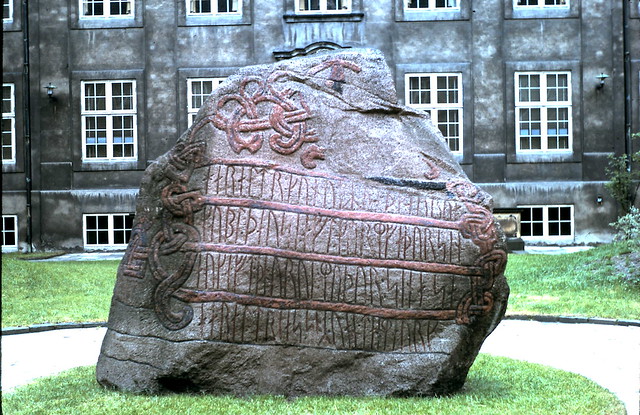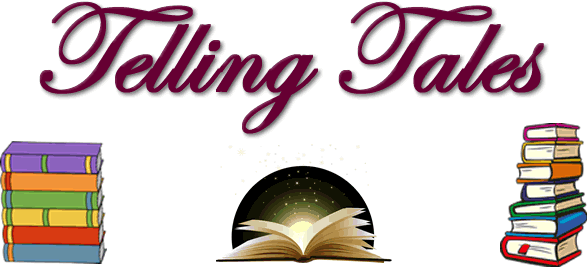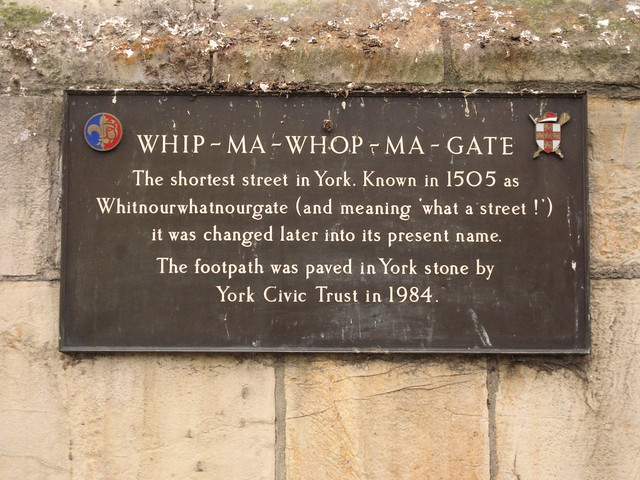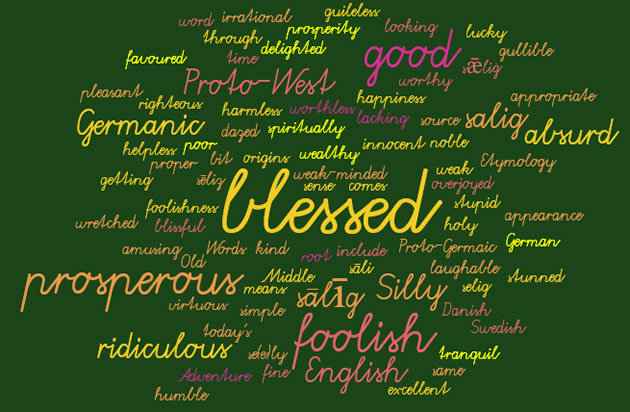Podcast: Play in new window | Download
Today we’re looking into the origins of the word dust.
dust [dʌst] is:
- earth or other matter in fine, dry particles.
- a cloud of finely powdered earth or other matter in the air.
- to wipe the dust from
- to sprinkle with a powder or dust
It comes from the Middle English d(o)ust [du(ː)st] (dust, powder, dirt, grit), from the Old English dūst [duːst] (dust, powder), from the Proto-Germanic *dunstą [ˈdun.stɑ̃] (mist, haze, dust), from the Proto-Indo-European *dʰewh₂- (smoke, mist, haze) [source].
English words from the same PIE root include dew, dusk and dye (via Proto-Germanic), down (hill) and dune (via Proto-Celtic), and fume (via Latin) [source].
Here’s a video I made of this information:
Video made with Doodly – an easy-to-use animated video creator [affiliate link].
I also wrote a song about dust this week, which goes something like this:
I also write about words, etymology, and other language-related topics, on the Omniglot Blog, and I explore etymological connections between Celtic languages on the Celtiadur.
You can also listen to this podcast on: Apple Podcasts, Amazon Music, Stitcher, TuneIn, Podchaser, PlayerFM or podtail.
If you would like to support this podcast, you can make a donation via PayPal or Patreon, or contribute to Omniglot in other ways.










